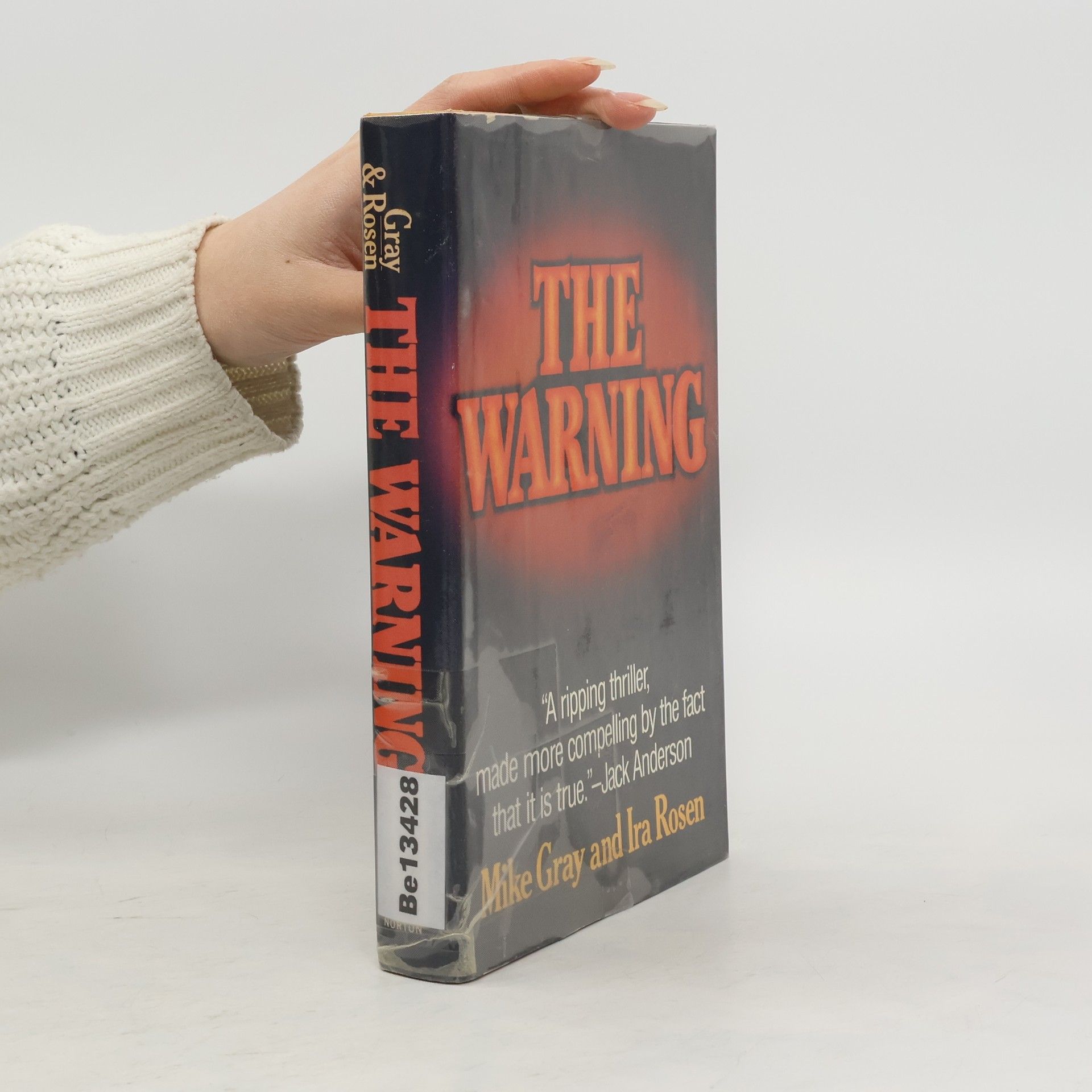By 6:00 a.m. on the morning of March 28, 1979, the reactor core at Three Mile Island was thirty minutes away from a meltdown, an apocalypse that would render a huge swath of eastern Pennsylvania permanently uninhabitable. The control room crew, overwhelmed by flashing alarms and klaxon horns, is at a loss. The memo that would have warned them was never sent.Originally published in 1982, this factual, riveting thriller was the first account of the accident based on exclusive interviews with key operating personnel. Mike Gray, author of The China Syndrome, and Ira Rosen, former producer for CBS's 60 Minutes, have updated this jackhammer narrative of mechanical failure and human error with an analysis of the current threats to our nuclear power plants.Today the nuclear option is again on the table. Before we head down that road, it's important to understand what went wrong that fateful morning when the future of Harrisburg hung by a thread.
Mike Gray Libri
Mike Gray è stato uno scrittore e cineasta americano il cui lavoro si è addentrato nelle problematiche contemporanee e nelle sfide sociali. La sua scrittura ha spesso esplorato argomenti complessi come incidenti tecnologici e la guerra alla droga, rivelando un acuto intuito sull'esperienza americana. L'approccio di Gray ha offerto una lente critica sulle preoccupazioni urgenti del suo tempo. I suoi contributi offrono una prospettiva significativa sul panorama sociale e politico che ha rappresentato.
